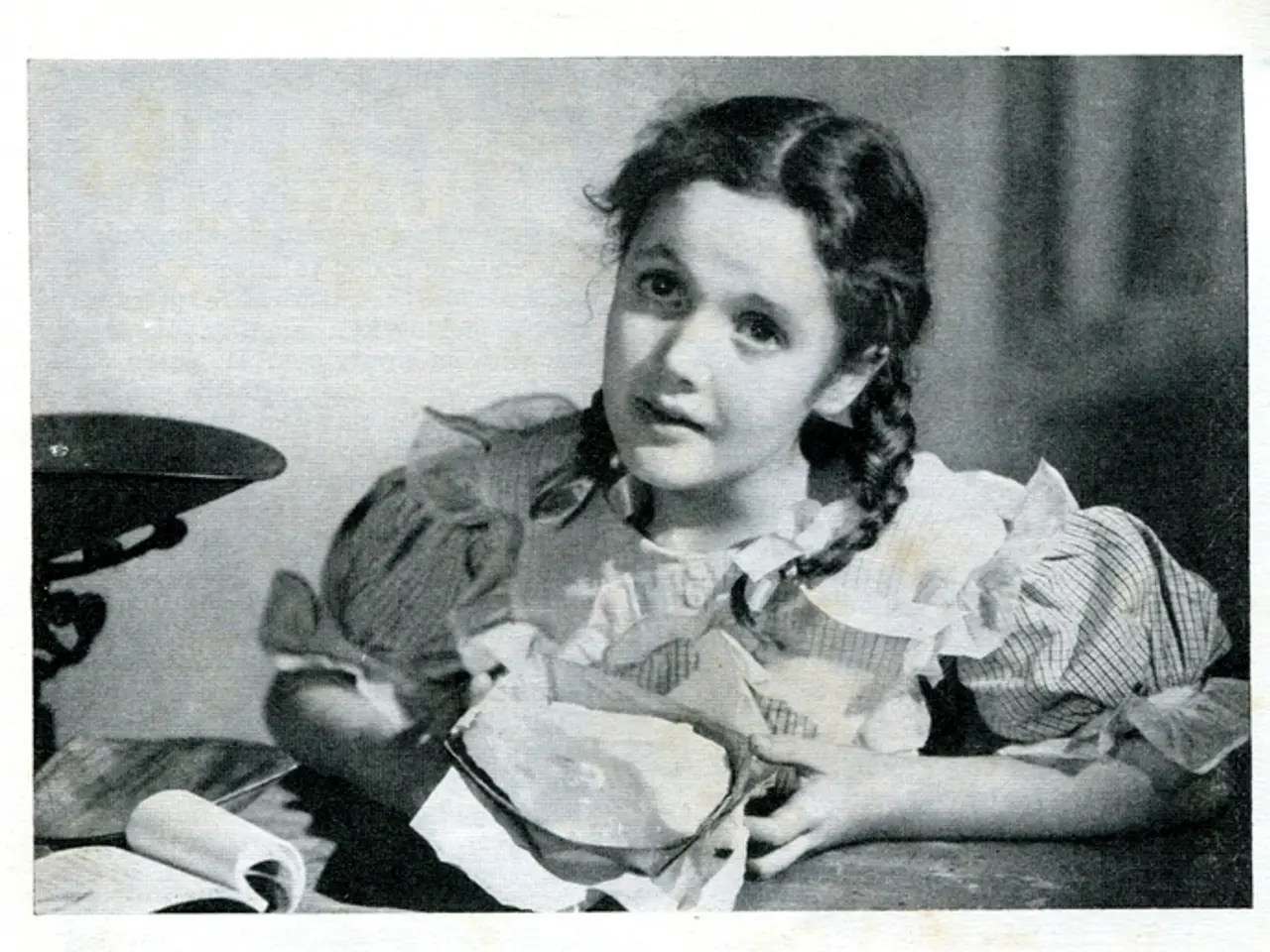Improving Student Literacy: 12 Vocabulary Objectives for Individualized Education Programs (IEP) Success
In the realm of education, vocabulary serves as the backbone of literacy, supporting reading comprehension, written expression, and verbal communication. For students with Individualised Education Programs (IEPs), mastering vocabulary is crucial as it can make the difference between just getting by and truly thriving.
Effective vocabulary IEP goals are not just about definitions and flashcards; they involve strategies that make learning engaging and measurable. Aligning IEP goals with clear, measurable outcomes is key, ensuring that goals are specific, measurable, achievable, relevant, and time-bound (SMART).
Research-based reading instruction frameworks, such as the Science of Reading, which encompasses phonemic awareness, phonics, language comprehension, and background knowledge, should be incorporated into vocabulary instruction. This comprehensive approach reinforces word meaning and usage in context.
Universal Design for Learning (UDL) can make learning engaging by offering multiple ways for students to interact with vocabulary. This could include partner reading, visual interpretations, acting out words, or drawing. Providing student choice and voice increases motivation and engagement with vocabulary acquisition.
Collaboration between general and special educators is essential. Co-planning allows vocabulary goals to be aligned with classroom instruction and ensures that strategies are purposeful and inclusive, making goals meaningful and seamlessly integrated with daily lessons.
Progress should be measurable and trackable. Frequent data collection methods, such as teacher-recorded data on oral fluency or vocabulary quizzes, can help monitor progress. Progress monitoring should use a consistent metric—e.g., number of words correctly used in a sentence or oral reading accuracy at 98% for multisyllabic words.
Integrating visual supports and organized layouts also aids in vocabulary learning. This could involve bolding important words, graphic organizers, and visual aids to reinforce word meaning and support comprehension.
Boosting motivation is another crucial aspect. Setting realistic, incremental goals for vocabulary mastery and celebrating achievements can maintain student motivation. Combining challenging tasks with enjoyable activities, such as interactive games or storytelling, helps sustain engagement.
In summary, writing and teaching vocabulary IEP goals effectively requires collaboration, alignment with research-based reading practices, measurable benchmarks, and engaging, multi-modal instructional methods. These strategies create purposeful, inclusive learning experiences that meet individual student needs while making progress easy to monitor.
Leveraging technology, such as apps, online games, and digital flashcards, as well as formal programs like Reading Plus®, can help make vocabulary practice fun and accessible anytime. Examples of vocabulary IEP goals include defining words, using words in sentences, and matching words to their meanings.
Ultimately, vocabulary is important as it provides access to information, education, and opportunities. Research consistently shows that vocabulary is deeply tied to literacy success. By focusing on IEP vocabulary goals, we can help students with IEPs truly thrive in their educational journeys.
Life skills and personal growth can greatly benefit from effective vocabulary teaching. Vocabulary goals that are aligned with research-based reading practices, such as SMART goal setting, collaborative planning between general and special educators, and the use of technology for practice, foster not only strong literacy skills but also cultivate a love for learning and stimulate the process of self-development. Furthermore, strategies like incorporating visual supports, offering multiple ways for students to interact with the vocabulary, and setting realistic, achievable goals contribute to goal setting and learning skills that can be applied beyond the classroom, aiding in overall life success.




